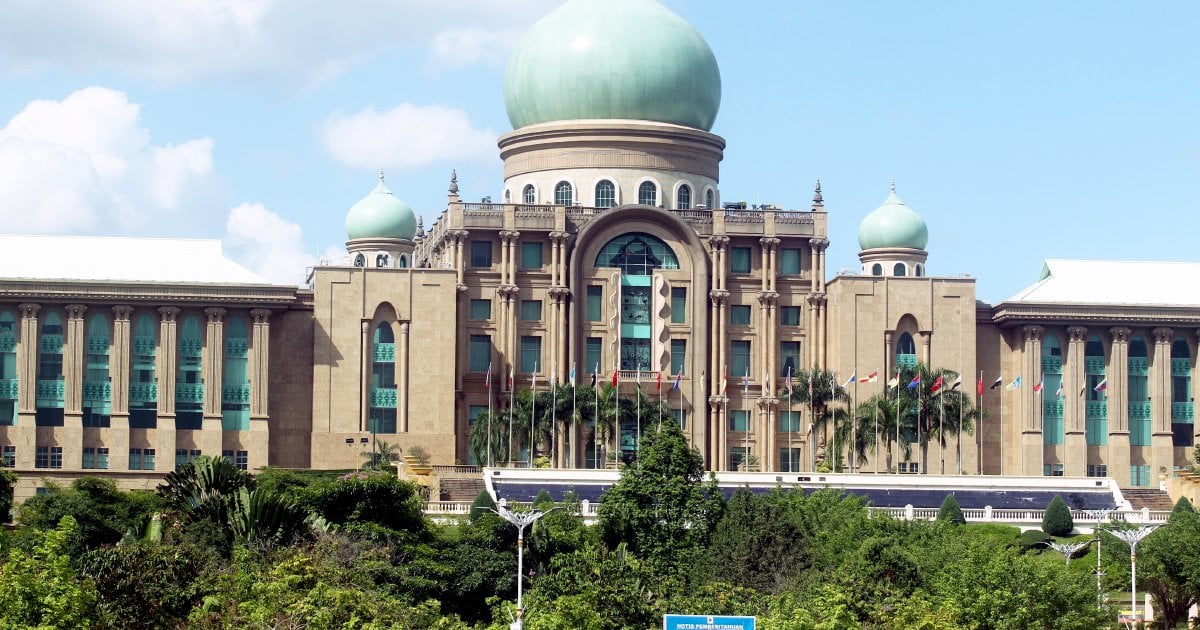KUALA LUMPUR: A new piece of legislation to govern Federal Statutory Bodies (BBP) and their subsidiaries will be introduced, according to the Prime Minister’s Office today.
This is among seven initiatives the government is taking to strengthen governance and legal reform with the aim of enhancing public service delivery efficiency.
The legislation aims to strengthen the legal governance of BBP, emphasising aspects such as loans, investments, and the establishment of subsidiaries, it said in a statement, adding that the decision was reached during the meeting of the Special Cabinet Committee on National Governance recently, chaired by Prime Minister Datuk Seri Anwar Ibrahim, as part of efforts to enhance the efficiency of public service delivery.
The meeting also decided to form a task force under the Enforcement Agency Integrity Commission (EAIC) to implement the recommendations of the Committee on Review of Deaths in Custody.
According to the statement, it relates to aspects of enhancing legislation, standard operating procedures, and infrastructure to be scrutinised by the respective regulatory entities and implemented by enforcement agencies under their respective jurisdiction.
The meeting also decided on the drafting of the Freedom of Information Bill to provide the public with access to information from public and government bodies, said the statement, adding that it is to ensure the improvement of public service delivery through citizen involvement in the national policy-making process in line with the National Anti-Corruption Strategies (NACS).
It said the Government Procurement Bill will also be prepared to establish a mechanism for complaints and objections following international standards to strengthen the governance of government procurement in line with the NACS.
Other initiatives are the issuance of guidelines on the management and governance of BBP by the Implementation Coordination Unit (ICU) of the Prime Minister’s Department on April 30, 2024, and the directive from the Prime Minister regarding the governance of Government-Linked Companies and Companies Limited by Guarantee that was issued on May 20 this year.
In addition, a guideline on the support by administrative personnel in government affairs was introduced on May 21 this year to ensure that endorsement letters are not misused for personal interests.
“This guideline serves as a reminder regarding subsection 23 (1) of the Malaysian Anti-Corruption Commission Act 2009, which prohibits the use of one’s position or office for any form of gratification whether for personal interests, those of family members or associates,” read the statement.
The statement also mentioned that since the launch of NACS on May 7 this year, 60 national sub-strategies have been introduced, demonstrating the government’s determination and commitment to combatting corruption.
“In line with the national aspiration to build Malaysia Madani, our goal is to ensure the well-being and prosperity of the people are protected and free of corruption.
“NACS stresses on education, which serves as a core effort to cultivate values that prevent individuals from falling prey to corruption,” it said, adding that it involves the improvement of the Integrity and Anti-Corruption Course and ensuring that the course is conducted at all educational institutions and technical and vocational education and training institutions.
According to the statement, NACS also suggests leveraging the Corporate Integrity System Malaysia (CISM) to promote good governance in the private sector.
The Prime Minister’s Office also emphasised that combatting corruption requires all parties’ involvement and efforts to empower Malaysians to reject corrupt practices through inclusive and accountable policies introduced by the government.
© New Straits Times Press (M) Bhd

